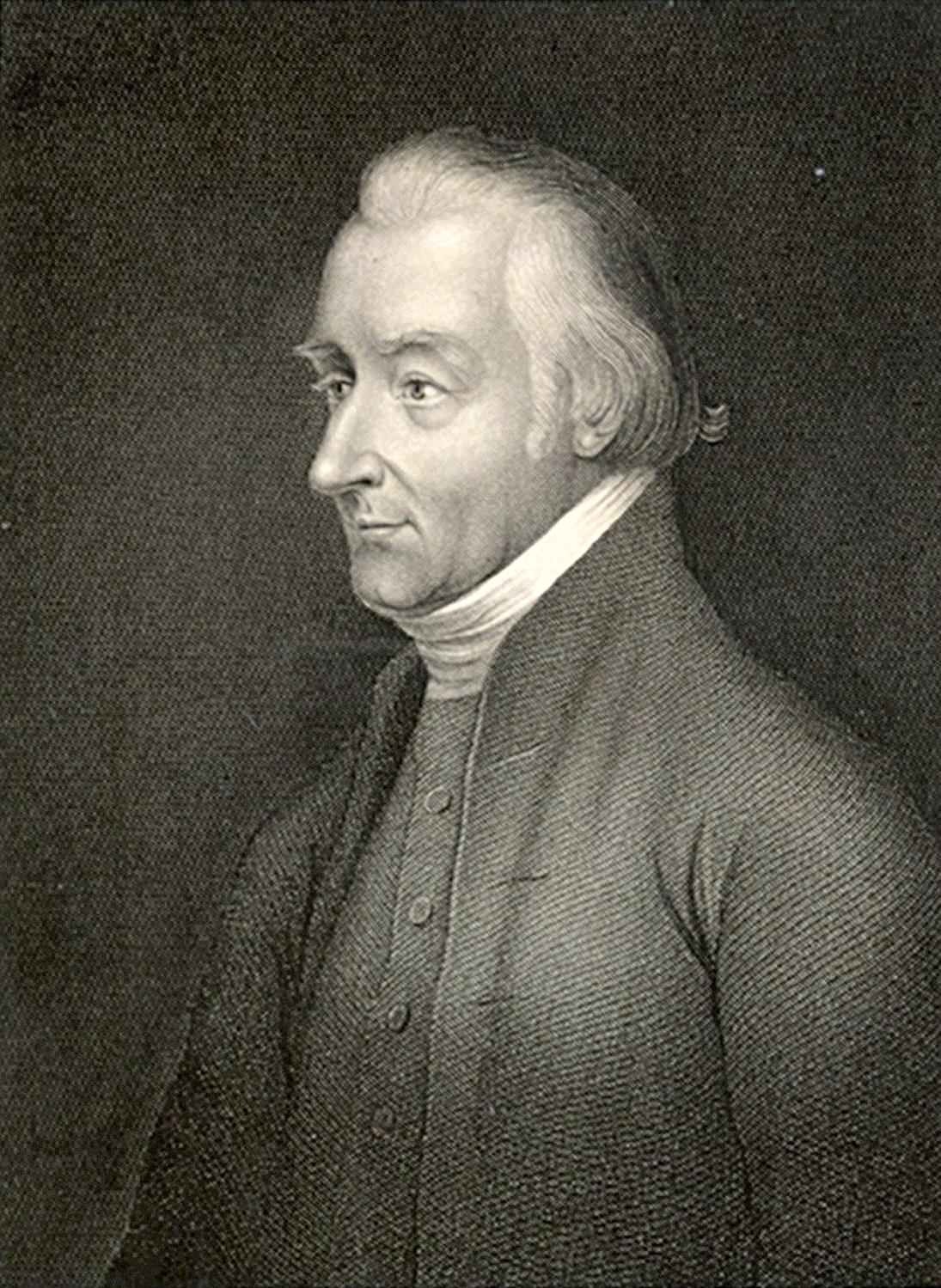Lindley Murray
 Lindley Murray (1745 – 16 February 1826) was an American Quaker lawyer, writer and grammarian, best known for his English-language grammar books used in schools in England and the United States.
Lindley Murray (1745 – 16 February 1826) was an American Quaker lawyer, writer and grammarian, best known for his English-language grammar books used in schools in England and the United States.Murray practised law in New York. As the colonies began to fight for independence with the American Revolution (1765–1783) and in the lead up to the Revolutionary War, Murray sat on the Committee of Sixty and the Committee of One Hundred to manage events in the Province of New York. This brought him at odds with Quakers who did not want him to be associated with a public committee and his family's shipping interests, that went against the Continental Association's nonimportation clause. Murray spent the first half of the Revolutionary War in Islip, Long Island, living a life of leisure. With British troops in control of Manhattan, Murray returned to the island and joined his father in the import-export and shipping business that made him rich during the second half of the war.
In 1783, he retired, and one year later, he left America for England. Settling at Holgate, near York, he devoted the rest of his life to literary pursuits. His first book was ''Power of Religion on the Mind'' (1787). In 1795, he issued his ''Grammar of the English Language''. This was followed, among other analogous works, by ''English Exercises'', and the ''English Reader''. These books passed through several editions, and the Grammar was the standard textbook for fifty years throughout England and America. While he was able, he was an active member of the local Quaker Meeting. Provided by Wikipedia
21
Book
22
23
24
25
26
Book
27
28
29
Book
30
31
Book
32
33
34
35
36
Book
37
Book
38
39
40





